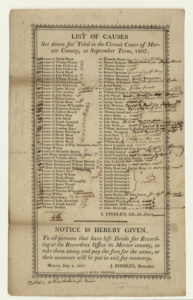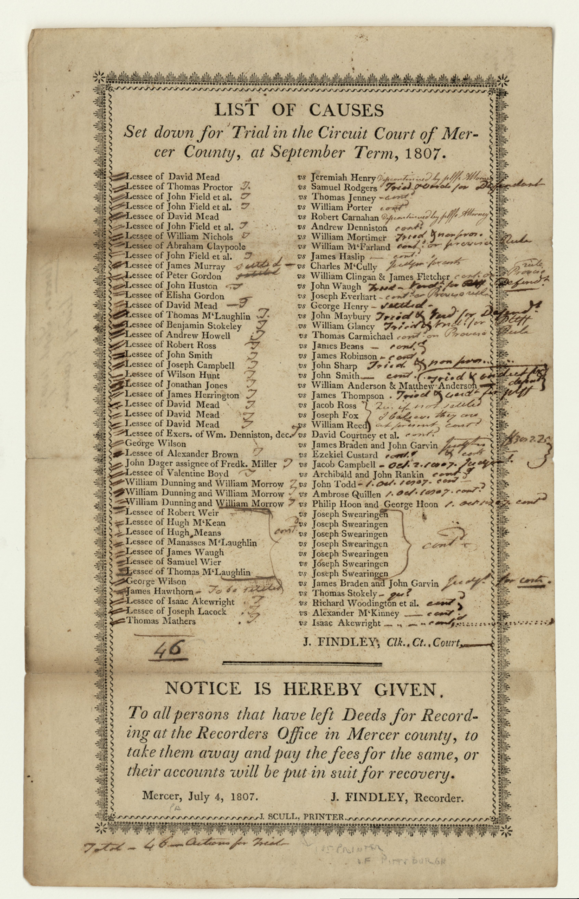
This post deals with Connecticut Personal Injury Notice Laws.
When should I see a lawyer? Can I resolve this myself?
In Connecticut, with a personal injury claim time is not your friend.
It’s critical to be aware of notice requirements in personal injury cases in Connecticut. Miss a deadline, and the case is finished. If a lawyer fails to give notice, then malpractice may result.
Sometimes you must provide notice of a possible claim long before a lawsuit is even filed. If you miss the following notice requirements, your case is toast.
It is critical that notice be given properly and timely.
Connecticut Personal Injury Notice Laws – Claims Against the State:
1 year from when a claim is “sustained or discovered,” not to exceed 3 years. Claims must be filed with the Claims Commissioner. (Conn. Gen. Stat. Sec. 4-148)
Connecticut Personal Injury Notice Laws – Defective Highway claims:
Trip and fall on a sidewalk in Connecticut? You have a mere 90 days to provide notice to the proper state or municipal authority.
This is an enormous trap for the unwary–plaintiffs and lawyers alike. Notice of state claims must be filed with the Commissioner of Transportation (Conn. Gen. Stat. Sec. 13a-144). You must file a notice of a claim against a municipality with the appropriate authority, which varies from town-to-town. (Conn. Gen. Stat. Sec. 13a-149). Assuming the notice requirements are met, you have 2 years from the date of injury to file suit.
Connecticut Personal Injury Notice Laws – Dram Shop actions:
If you want to bring an action against a bar in Connecticut, you’ve got to do so quickly. You’ve got 120 days from the date of injury, or 180 days from the date of death or incapacity, to provide notice of your claim. The statute specifies the information that must be included in this letter, so be sure to read it closely. Conn. Gen. Stat. Sec. 30-102.
Once you send that dram shop letter, it’s time to move quickly on the lawsuit. You’ve only got one year.
Notice of Housing Authority Claims:
If you’ve been injured on property owned or controlled by a housing authority, you must give notice of a claim within 6 months of the injury before filing suit. A lawsuit must be filed within 2 years. Conn. Gen. Stat. Sec. 8-67.
Municipal Employee Negligence Claims:
When bringing a claim against a municipal employee, you must provide notice to the municipality within six months. A lawsuit must be filed within 2 years. Conn. Gen. Stat. Sec. 7-465.
Claims Against Volunteer Firefighters, Volunteer Ambulance Members, and Volunteer Fire Police Officers:
You must file notice of a claim with the town and with the volunteer firefighter, volunteer ambulance member, or volunteer fire police officer not later than six months after the date of injury. Then you have to wait at least thirty days before filing a lawsuit. Any such lawsuit must be filed within one year. Conn. Gen. Stat. Sec. 7-308.
It is important if you have been injured to immediately contact a Connecticut personal injury attorney to protect your claim. Failing to file notice or proper notice can result in no recovery. Attorneys who fail to comply with these statutes can be subject to legal malpractice.
Connecticut personal injury notice laws are very important to the preservation of claims.

